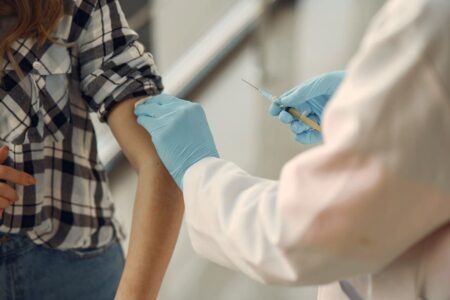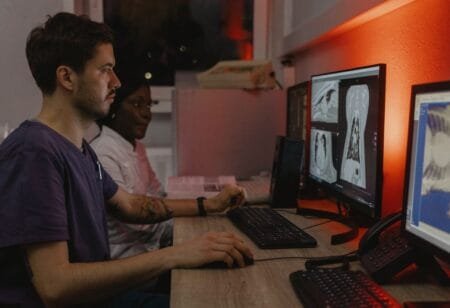On 22 July the European Commission called on EU Member States to pool their resources and better coordinate research efforts to combat Alzheimer’s and other neurodegenerative diseases. The proposals adopted by the Commission follow a 2008 recommendation by the Council of the European Union to launch a joint programming initiative in this field in 2009.
Approximately 7.3 million people in Europe suffer from Alzheimer’s disease (AD) and related disorders, such as vascular dementia. The increasing burden this places on healthcare systems, particularly in light of Europe’s ageing population, is daunting: the cost of caring for a single patient is around EUR 21,000, and in 2005, the total cost of treating these patients was close to EUR 130 thousand million in the EU.
‘Losing mental capacity to dementia is not just a normal part of getting older,’ said EU Health Commissioner Androulla Vassiliou. ‘As the European population ages, we must work together to better understand and prevent these conditions. We must show our solidarity to people with dementia by sharing best practice in caring for them, and respecting their rights and dignity.’
Diagnosis often occurs too late for treatments to mitigate the effects of these disorders, and early diagnosis is almost impossible. Effective treatments to slow down or stop the deterioration of brain function remain elusive, and significant funds from both individual Member States and the EU’s Sixth and Seventh Research Framework Programmes (FP6 and FP7 respectively) have been tunnelled into research efforts to prevent, diagnose and treat AD and other neurodegenerative disorders.
However, funding for AD research in Europe is complex, as each country has a unique set of financing systems, research policies and organisational structures. Importantly, spending also varies widely between different organisations and countries.
The joint programming approach involves Member States voluntarily working together rather than separately to define, develop and implement a single strategic research agenda. It should enable Member States to develop a common vision of how to address major societal challenges that no one country is capable of resolving alone. Neurodegenerative disease research is being used as a pilot project for this approach, and so far 20 countries are participating.
‘We want to help research play a bigger role in tackling such societal challenges as Alzheimer’s and related disorders,’ said EU Science and Research Commissioner Janez Potocnik. ‘We will see a major step ahead if Member States now start coordinating their national programmes around a common agenda.
‘With the Recommendation on Joint Programming of research we propose today, we invite Member States to commit to a pragmatic approach for pooling resources and research investments in order to better address Alzheimer’s and other neurodegenerative diseases. This is an opportunity for European science and a response to a challenge of our modern society.’
Joint programming to fight neurodegenerative disorders will, it is hoped, lead to more accurate diagnostic tools and more effective forms of treatment. To get the ball rolling on forming the strategic research agenda, the Commission has proposed taking action in four major areas: acting early to diagnose dementia and to reduce the risk of dementia in the first place; improving research coordination between EU countries; implementing sharing of best practices; and providing a forum to reflect on the rights, autonomy and dignity of patients.
‘There is a real and urgent need to pool and coordinate the efforts of European fundamental, clinical and social researchers in this field,’ the Commission’s proposal reads. ‘Given that most research on neurodegenerative disease is still at the preclinical phase, publicly funded research will be instrumental in any breakthrough in such areas as research on biomarkers, the development of new criteria and methods for prevention and diagnosis, and the testing of new therapeutics in large-scale clinical trials.’
The proposal invites the Member States to develop a strategic research agenda and an implementation plan establishing priorities, milestones and timelines. This would include the following: ‘exchanging information on national programmes, research activities and health care systems; identifying areas which would benefit from coordination, joint calls or the pooling of resources; facilitating transdisciplinary and cross-sectoral mobility and training; and exploring the joint exploitation of research infrastructures and the networking of research centres’.
The pilot joint programming initiative is expected to be the first of many such cooperative efforts, and marks a step forward in the Commission’s ‘Europe for Patients campaign’ for better healthcare in Europe.
Commission proposal for a Council Recommendation on a pilot joint programming initiative to combat neurodegenerative diseases, in particular Alzheimer's - briefing
Alzheimer's disease and other dementias - EC Communication
Source: Community R&D Information Service (CORDIS)






